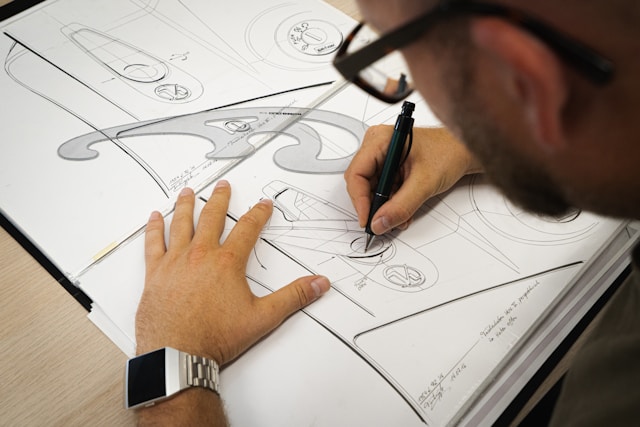Organ transplantation is a life-saving treatment, but there is a severe organ shortage. With over 104,000 individuals on the US national transplant waiting list and potentially millions more worldwide, the need for organs is critical.
Shockingly, the United Network for Organ Sharing (UNOS) reports an average of 22 daily deaths among individuals awaiting organ transplants in the United States, kidneys are the most in-demand. This underscores the significant gap between organ donors and people who need organs.
In order to address the problem, scientists are actively pursuing the cultivation of human organs using stem cells.
A breakthrough that could potentially solve the organ shortage crisis!
In a groundbreaking achievement, Chinese scientists have successfully cultivated early-stage kidneys primarily composed of human cells within pigs. This advancement is a significant step toward organ transplantation from animals to humans.
The Guangzhou Institutes of Biomedicine and Health researchers chose to concentrate on kidneys due to their early development in humans and their frequent use in medical transplants.
Researchers successfully generated five humanoid kidneys in pigs, reaching the mesonephros stage, the second phase of kidney development, within 25 to 28 days. These early-stage kidneys contained approximately 50% to 70% human cells.







